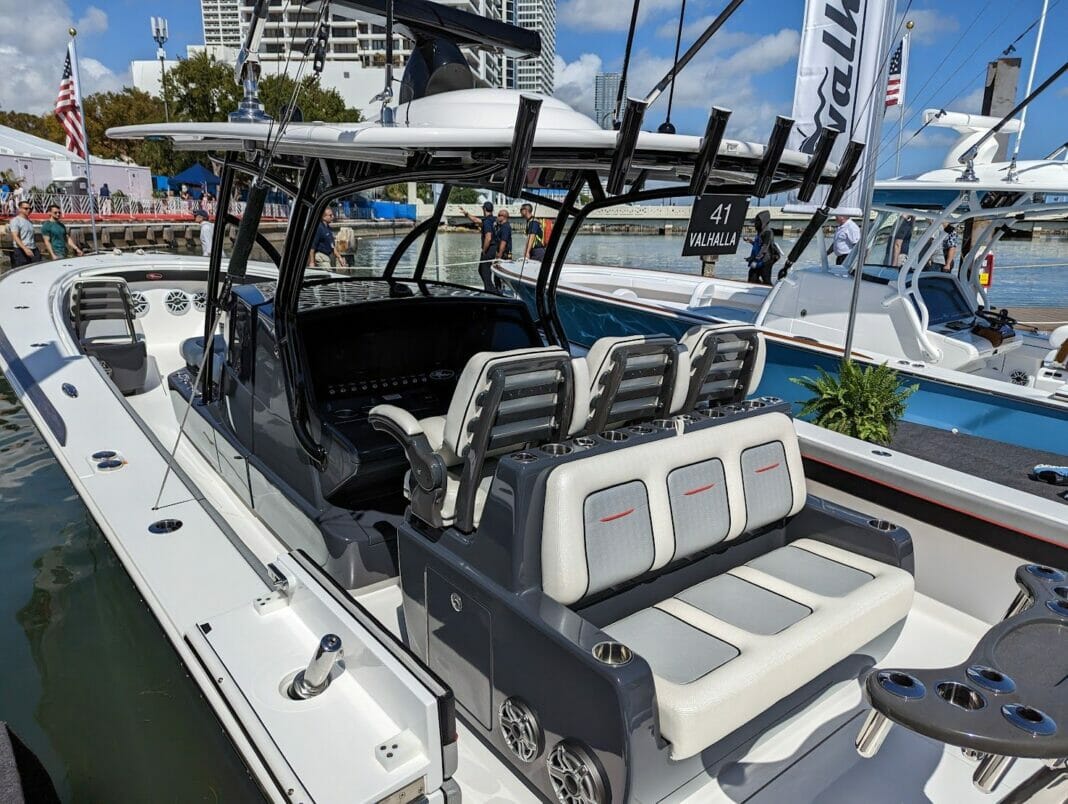

A boat purchase agreement is a legally binding document that outlines the terms and conditions of a boat transaction between a seller and a buyer. Whether you’re buying a new or used boat, this agreement plays a crucial role in protecting the rights and interests of both parties involved. This article takes you through the essential elements of a boat purchase agreement, its importance, and tips for a smooth transaction.
A boat purchase agreement serves several important purposes:
A comprehensive boat purchase agreement should include the following key elements:
The agreement must include the full name, address, and contact information of both the buyer and the seller. This not only helps in proper communication but also aids in case of any legal issues.
The agreement should provide a thorough description of the boat being sold, including its make, model, year, hull identification number (HIN), and current registration number. In addition, it should also indicate whether the boat is new or used and whether it comes with a trailer, outboard engine, or other accessories.
The agreement must clearly state the total sale price of the boat, the currency, the amount of the deposit (if any), and the balance due. Additionally, it should outline the agreed-upon payment terms, such as a lump-sum payment or installment plan, and the accepted payment methods (e.g., cash, check, or electronic transfer).
The boat purchase agreement should mention any warranties or guarantees offered by the seller, including specific warranty periods, coverage limitations, and the process for making claims. For used boats, the agreement may state that the boat is being sold “as is,” meaning the buyer accepts any existing faults or flaws.
If the buyer has requested and conducted a pre-purchase boat inspection or survey, the agreement should include a clause stating that the buyer is satisfied with the results. Alternatively, if the sale is contingent on a satisfactory inspection or survey outcome, the agreement must mention the specific terms and conditions, deadlines, and remedies should the inspection or survey results be unsatisfactory.
The agreement should specify the closing date, at which the buyer will pay any outstanding balance, and the seller will transfer ownership, registration documents, and possession of the boat.
The boat purchase agreement should outline the consequences if either party fails to fulfill their obligations or breaches the terms of the agreement. This may include provisions for terminating the contract, retaining the deposit, or seeking legal remedies.
The agreement should define the jurisdiction that governs the contract, as well as any preferred dispute resolution methods, such as arbitration, mediation, or court litigation.
A boat purchase agreement is a key element in ensuring a smooth and legally protected boat transaction. The parties involved should ensure they understand the essential elements of the agreement, and consider seeking professional assistance when necessary. By taking the necessary precautions, both buyers and sellers can enjoy a positive and legally secure boat transaction.